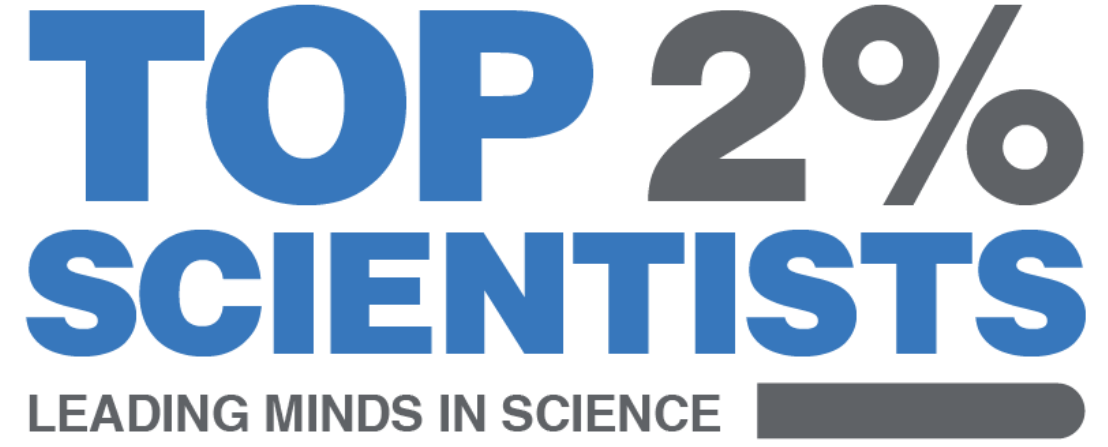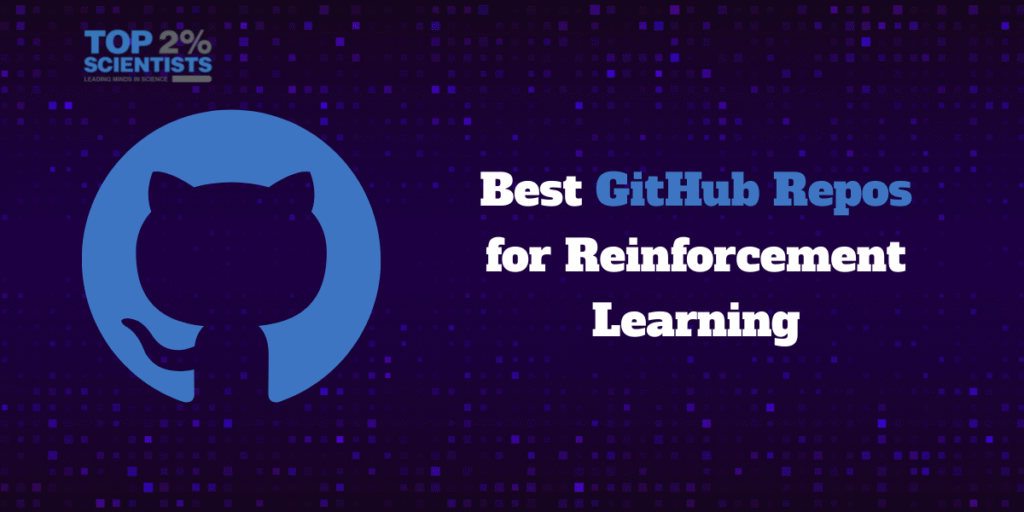Reinforcement Learning (RL) is revolutionizing industries—from robotics and autonomous vehicles to finance and gaming—by enabling machines to learn optimal behaviors through trial and error. As the field rapidly evolves, GitHub has become the go-to platform for accessing high-quality RL implementations, tools, and frameworks contributed by top AI researchers and developers.
In this article, we explore the best 10 GitHub repositories for reinforcement learning that stand out in 2025 for their reliability, scalability, and educational value.
Why GitHub Repositories Matter in Reinforcement Learning
Whether you’re a researcher, student, or AI practitioner, GitHub RL repositories offer:
- Access to production-ready algorithms and reproducible research
- Experimentation environments for benchmarking and testing
- Educational clarity for learning advanced techniques
- Community support and collaboration for faster development cycles
Best 10 GitHub Repositories for Reinforcement Learning
1. OpenAI Baselines
⭐ Stars: 14.4k+ | Framework: TensorFlow
Best For: Benchmarking standard RL algorithms
This repository by OpenAI features high-quality implementations of algorithms such as PPO, DDPG, TRPO, and A2C. It’s widely used for replicating academic results and conducting standardized benchmarks.
2. Dopamine by Google Research
⭐ Stars: 10k+ | Framework: TensorFlow
Best For: Rapid prototyping and discrete action tasks
Dopamine is lightweight and research-friendly. It supports variants of DQN, including Rainbow and C51, and is designed for easy experimentation in arcade-style environments
3. RLlib (Ray)
⭐ Stars: 30k+ (Ray repo) | Framework: PyTorch/TensorFlow
Best For: Scalable and distributed RL systems
Developed as part of the Ray ecosystem, RLlib is ideal for both single-agent and multi-agent settings. It integrates seamlessly with Ray Tune and supports cloud-based deployment, making it production-ready.
4. CleanRL
⭐ Stars: 3.5k+ | Framework: PyTorch
Best For: Clean and educational implementations
CleanRL offers single-file RL implementations focused on reproducibility and simplicity. It’s an excellent choice for learning the mechanics of algorithms like PPO, A2C, SAC, and DQN without complex abstractions.
5. Spinning Up in Deep RL (OpenAI)
⭐ Stars: 16.5k+ | Framework: PyTorch
Best For: Learning RL from fundamentals
Designed as an educational toolkit, Spinning Up provides theoretical tutorials and simple code implementations. It’s perfect for beginners and educators looking to teach or understand deep reinforcement learning.
6. Stable-Baselines3
⭐ Stars: 8.7k+ | Framework: PyTorch
Best For: Applied RL projects with robust support
Stable-Baselines3 is the PyTorch version of the popular Stable-Baselines. It includes well-maintained and tested implementations of algorithms like PPO, TD3, SAC, and A2C, suitable for real-world applications.
7. Deep Reinforcement Learning Nanodegree (Udacity)
⭐ Stars: 6.3k+ | Framework: PyTorch
Best For: Project-based learning and practice
This repository includes all the coursework and projects from Udacity’s RL Nanodegree. Learners can explore implementations such as DDPG, PPO, A3C, and navigate real environments using Unity ML-Agents.
8. Tianshou
⭐ Stars: 5.1k+ | Framework: PyTorch
Best For: High modularity and flexibility
Developed by Tsinghua University’s Machine Learning group, Tianshou is a reliable framework with a clean interface. It supports both on-policy and off-policy methods and can handle large-scale, custom RL setups.
9. Denny Britz’s Reinforcement Learning Examples
⭐ Stars: 11.5k+ | Framework: TensorFlow
Best For: Studying classic RL algorithms with theory
This timeless collection offers minimal yet effective code for traditional algorithms like SARSA, Q-learning, and Policy Gradient. Ideal for students and researchers looking to understand the math behind RL.
10. Intel Coach
⭐ Stars: 3.5k+ | Framework: TensorFlow
Best For: Complex, research-grade experiments
Intel Coach supports over 20 reinforcement learning algorithms, integrates with multiple simulation environments, and includes tools for visualization, analysis, and curriculum learning.
Comparison Table
| Repository | Framework | Algorithms Supported | Best Use Case |
|---|---|---|---|
| OpenAI Baselines | TensorFlow | PPO, A2C, TRPO, DDPG | Standard benchmarks |
| Dopamine | TensorFlow | DQN, Rainbow, C51 | Arcade and grid-world tasks |
| RLlib (Ray) | Mixed | All major RL algorithms | Cloud-based, multi-agent systems |
| CleanRL | PyTorch | PPO, DQN, A2C, SAC | Clean and minimal implementations |
| Spinning Up | PyTorch | PPO, TRPO, VPG | Educational and beginner-friendly |
| Stable-Baselines3 | PyTorch | PPO, A2C, TD3, DDPG, SAC | Production and research deployment |
| Udacity DRL | PyTorch | PPO, DDPG, A3C | Hands-on learning with projects |
| Tianshou | PyTorch | On/off-policy algorithms | Modular research & experimentation |
| Denny Britz’s Examples | TensorFlow | Q-learning, REINFORCE | Understanding RL theory |
| Intel Coach | TensorFlow | 20+ algorithms | Complex, research-level training |
Best RL Environment Libraries to Use
To train agents effectively, pair your codebase with leading environments:
- OpenAI Gym: Classic environments & Atari games
- DeepMind Control Suite: Physics-based control tasks
- PettingZoo: Multi-agent environments
- Unity ML-Agents: 3D simulations for real-world tasks
These best 10 reinforcement learning repositories on GitHub represent the most respected, well-documented, and widely used tools in the RL ecosystem. Whether you’re building production-grade agents, conducting cutting-edge research, or just getting started, these repositories will accelerate your journey in the field of AI and machine learning.
Conslusion
Reinforcement learning is a rapidly growing domain in artificial intelligence, and having access to the right tools can make a significant difference in your research or development journey. The best GitHub repositories for reinforcement learning listed above are trusted by thousands of developers, researchers, and learners around the world. Whether you’re looking to implement baseline algorithms, conduct experiments, or build real-world RL applications, these repositories offer robust solutions, community support, and scalable architectures.
From educational toolkits like Spinning Up and CleanRL to enterprise-ready frameworks like RLlib and Stable-Baselines3, you have a wide range of open-source resources at your fingertips. Dive into the one that best suits your needs and start building intelligent agents today.
For real-time expert insights and emerging developments, visit our Trend and Updates section.
Stay ahead with the latest breakthroughs in science, technology, climate, and innovation.



